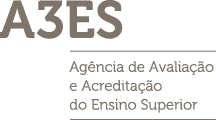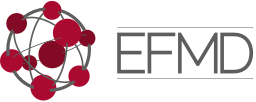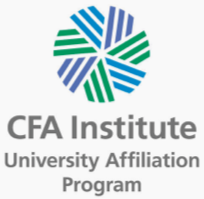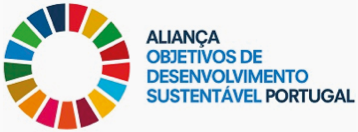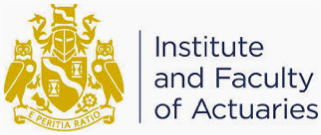
If you want to leave your mark in the country and in the world, ISEG shows you the way. The Master in Development and International Cooperation (MDCI) prepares Change Agents. Get ready to change the world. We challenge reflection, discussion and the search for solutions to find possible paths for a more sustainable development.
The MDCI is a complement to the skills acquired in the first cycle in the areas of Economics, Management, Sociology or International Relations. It prepares students to be leaders, senior staff and technicians in organizations linked to international cooperation, in public institutions or private companies.
At the MDCI, it is intended that a deepening of economic, political and sociological theories of development and social change, as well as international cooperation for development, be carried out.
Students come from different countries and educational institutions, which promotes diversity and expands the individual contact network.
Since its inception, this master's degree has played a fundamental role in training a new generation of specialized staff in the public and private sectors, in universities and research centres, non-governmental organizations and foundations linked to development and international cooperation, in Portugal, in Europe and other Portuguese-speaking countries.
The course helps develop a culture of demand, rigor, and quality, becoming a differentiating factor and a means of creating and consolidating knowledge.
The MDCI promotes a multidisciplinary theoretical and empirical analysis on the processes of development and political, economic and social transformation in Africa, Asia and Latin America.
The MDCI is part of ISEG's strong commitment to the area of Development Studies at all levels of education: undergraduate, master's and doctoral degrees.
This master's degree was launched in 1993-1994, becoming the first master's degree in Portugal in the area of development and international cooperation to link teaching to research, through the involvement of its professors in ISEG's research centres.
The program is designed to provide students with a set of methodological and theoretical skills necessary for applying to the Doctorate in Development Studies (DED) offered by ULisboa/ISEG.

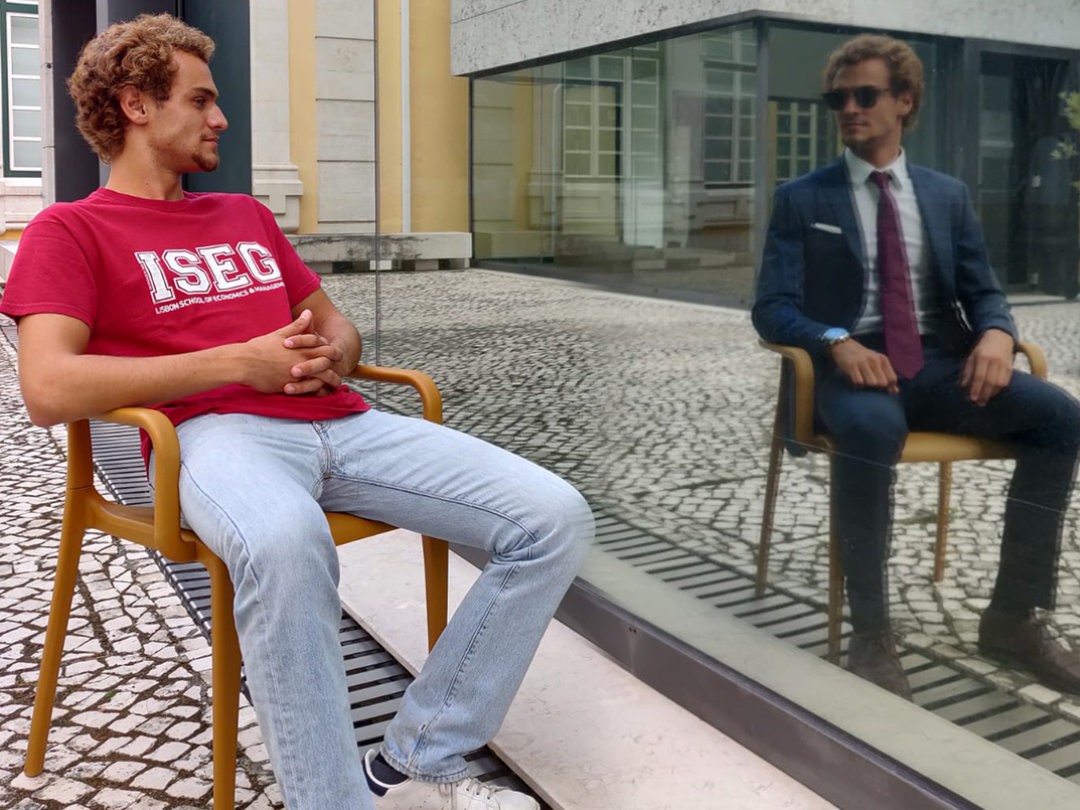


The Master in International Development and Cooperation is essentially intended to complete the first cycle training of graduates in Economics, Management, Sociology, International Relations or other areas considered appropriate for attending the course, preparing students to exercise related professional functions. with the problems of development and international cooperation, or teaching and scientific research.
Since its creation, this master's degree has played a fundamental role in training a new generation of specialized staff in the public and private sectors, in universities and research centres, non-governmental organizations and foundations linked to development and international cooperation, in Portugal and other Portuguese-speaking countries.
| Year 1 - Semester 1 | Credits |
|---|---|
| Social Sciences and Development | 9 |
| International Cooperation for Development | 6 |
| Demographics | 6 |
| Development Economics and Policy | 9 |
| Year 1 - Semester 2 | Credits |
|---|---|
| Globalization and Development: Flows, Institutions and Actors | 9 |
| Institutions and Development | 6 |
| Environment and Natural Resources | 6 |
| Research Methods Applied to Development | 9 |
| Year 2 - Semester 1 | Credits |
|---|---|
| Optional I | 6 |
| Optional II | 6 |
| Optional III | 6 |
| Master's Final Work (Internship/Project/Dissertation) | 12 |
| Year 2 - Semester 2 | Credits |
|---|---|
| Master's Final Work - Internship - Design - Dissertation | 30 |
| Optional |
|---|
| - Cities and Sustainable Development — Gender and Citizenship — Emerging Economies — African Economy — Evaluation in International Development Cooperation — Social Entrepreneurship — Rule of Law & Development — Social Activism and Global Change — Emergent Global Challenges and Trends in International Development Cooperation |
See the description of each Curricular Unit here.
Applications for all master's degrees at ISEG are made online.
Candidates for the Master in Development and International Cooperation must:
Calculation of the Application Classification
Notes:
Provisional tuition fees for 2026/27, pending confirmation by the University of Lisbon's statutory bodies.
| students from | 1st year | 2nd year | Total |
| Students within the EU | € 2,950 | € 2,000 | € 4,950 |
| Students outside the EU (International) | € 4,450 | € 3,600 | € 8,050 |
We believe that financial restrictions should not impede access to higher education and that is why we seek to provide equal opportunities for all.
At the student's request, a specific payment of the fee can be agreed.
If you are not an EU, EEA or Swiss citizen, then you will need a Student Visa.
Once you have decided to join the master's program and paid the 1st tuition fee instalment to secure your place, you can issue the acceptance letter on the FENIX Portal. This document will be needed later to apply for a Student Visa.
The student visa must be requested at the nearest Embassy or at a Portuguese consular post in the country of origin.






